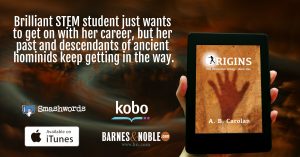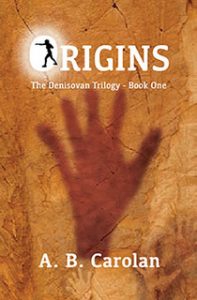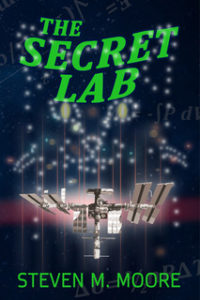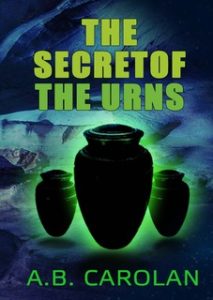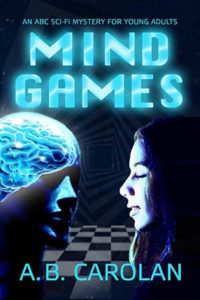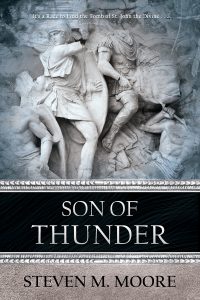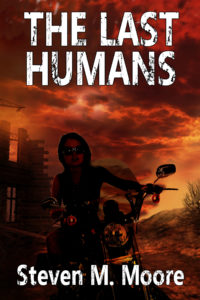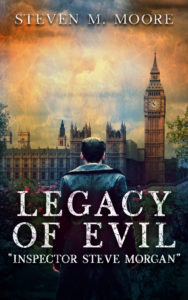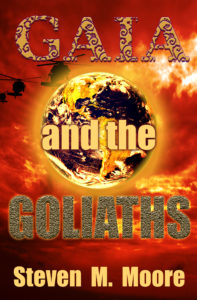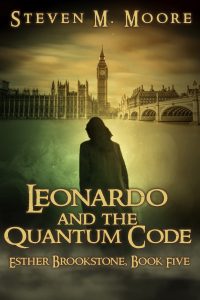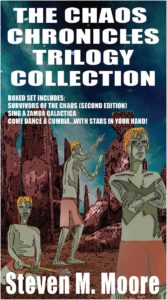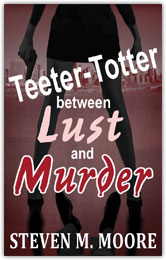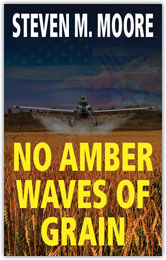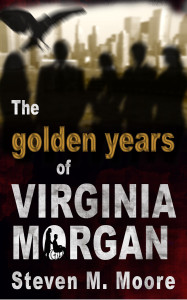Time travel done right…
Wednesday, December 18th, 2024“From the moment I picked up your book until I put it down, I was convulsing with laughter. Someday I intend to read it.”—Groucho Marx
***
I’m certain I’ve posted about this topic before and certainly wrote about it in the end notes of A Time-Traveler’s Guide through the Multiverse (most of my novels have end notes although I expect that few readers read then). But from The Time Machine to The Time-Traveler’s Wife speculative fiction novels have played fast and loose with the contradictions of time travel. Hollywood screenwriters do no better: Why is there a warp-drive limit that sends Kirk, Spock, and friends back in time to save the whales?
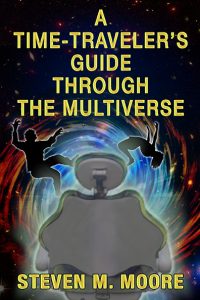 James Hogan tried to make improvements in his The Proteus Operation, but only a few other writers have dared to go “when” no man has gone before in a way that satisfied my scientific biases. For that reason, I avoided time-travel stories in my sci-fi writing for a long time. Until A Time-Traveler’s Guide through the Multiverse where, naturally, a woman dares to go where no man has gone before, although, to at least follow the trends, I made it a rom-com to get a jump on any critic like Groucho, who was about as scientific as his cigar.
James Hogan tried to make improvements in his The Proteus Operation, but only a few other writers have dared to go “when” no man has gone before in a way that satisfied my scientific biases. For that reason, I avoided time-travel stories in my sci-fi writing for a long time. Until A Time-Traveler’s Guide through the Multiverse where, naturally, a woman dares to go where no man has gone before, although, to at least follow the trends, I made it a rom-com to get a jump on any critic like Groucho, who was about as scientific as his cigar.
A story where a protagonists return to the past to right some wrongs (Hogan’s book is a classic example) loses a lot of its entertainment value when it seems more like fantasy than hard sci-fi, interpreting the latter as meaning not violating a plethora of scientific data and laws. In other words, hard sci-fi must at least seem a reasonable extrapolation of current theories, proven or not, and not the magic of Harry Potter.
I also avoided writing a rom-com story for a long time. Most of the books in that genre are pure fluff, an unbelievable story about a Cinderella-like (or Cinderfella-like) protagonist that’s light on plot and characters that I can relate to. (Niffenegger’s The Time-Traveler’s Wife is typical, but it’s not intended to be a comedy, just an incredibly sappy story.)
It then occurred to me that I could combine time travel and rom-com and make the result more believable. Writing such a story turned out to be challenging. Take Dr. Who, the mad male scientist who jumps around the past and future using an old red (and magical?) British-style telephone booth. Okay, the latter might be considered the “com” part of a rom-com, but just try to put a little more meat into the science and the plot!
To make this history of a novel short, let’s just say that my story is more akin to “back to the future.” My protagonists jump from one future to the other in the multiverse of universes that are all technically part of their original universe’s future, although some “look like” variations of our past. (The timelines don’t have to be in sync, you know.) My mad scientist is a female, her techie lover a black genius, and the red telephone booth is replaced by an old dentist’s chair. (The BBC will never broadcast a series based on my novel because of that, I’m guessing.)
Because the jumps are always towards some future relative to their starting point, the novel avoids all the scientific contradictions and paradoxes. In other works, they originate in the hypothesis of a single timeline, of course; but once my protagonists leave their current universe, they can’t return! In particular, they can’t change the history of where they started; they can only change the future of where they end up. Blows your mind, right!
Of course, I had to add comedy and romance to make a sci-fi rom-com. The result is the funniest, most political, most irreverent, and most romantic novel I’ve ever written. (Okay, that’s no surprise because it’s the only one!) And I hope you have as much fun reading it as I had writing it.
***
In celebration of the holidays (quite a few to end this year!), this will be the last post appearing here in my author’s blog for 2024. Who knows what 2025 will bring, right? In any case, please enjoy a safe and wonderful time with your family and friends. Happy holidays!
***
Comments are always welcome. (Please follow the rules on the “Join the Conversation” web page.)
A Time-Traveler’s Guide through the Multiverse. Gail, with her doctorates in applied physics and electrical engineering as preparation, decides to invent a time machine. She hires another technical genius Jeff (Gail calls him Igor) to help with the circuits, sensors, and power sources. Their adventures traveling through the universes of the multiverse last a lifetime. A stand-alone sci-fi rom-com available wherever quality ebooks are sold, this novel just might tickle your funny bone more than Groucho ever could.
Around the world and to the stars! In libris libertas!
